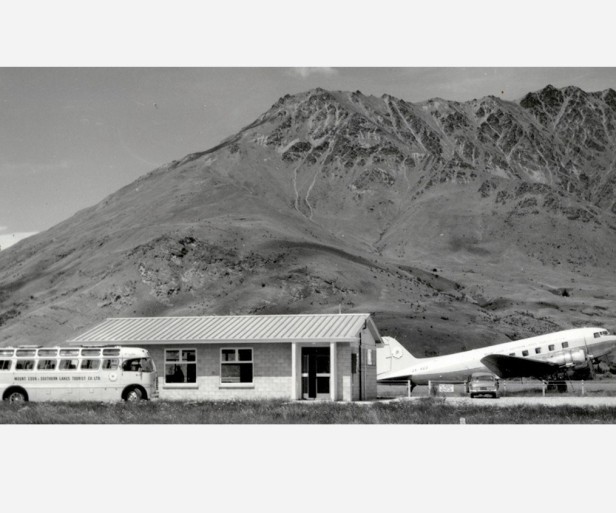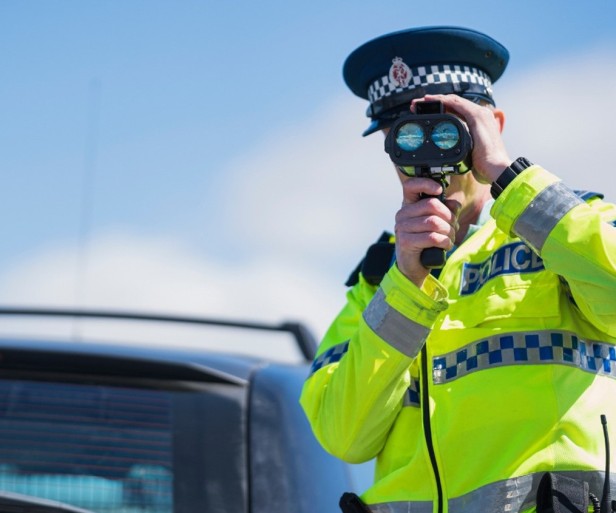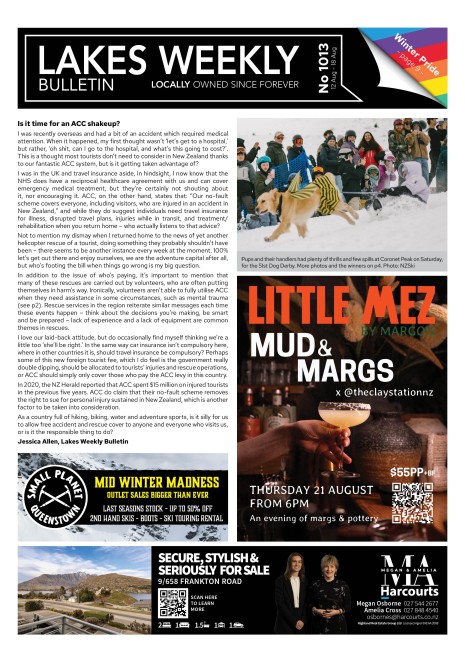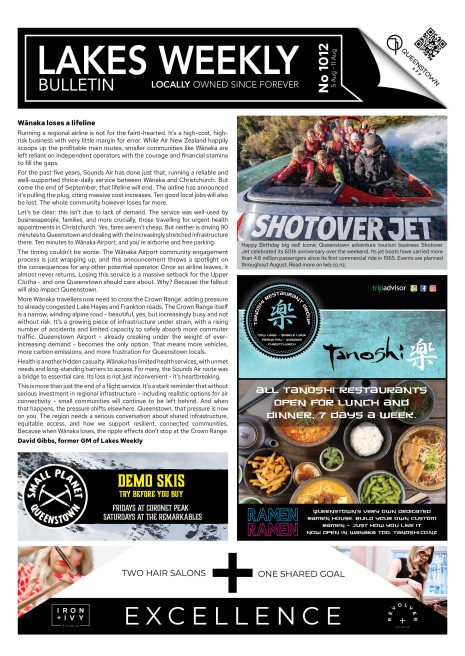NZSki fined over skier's death
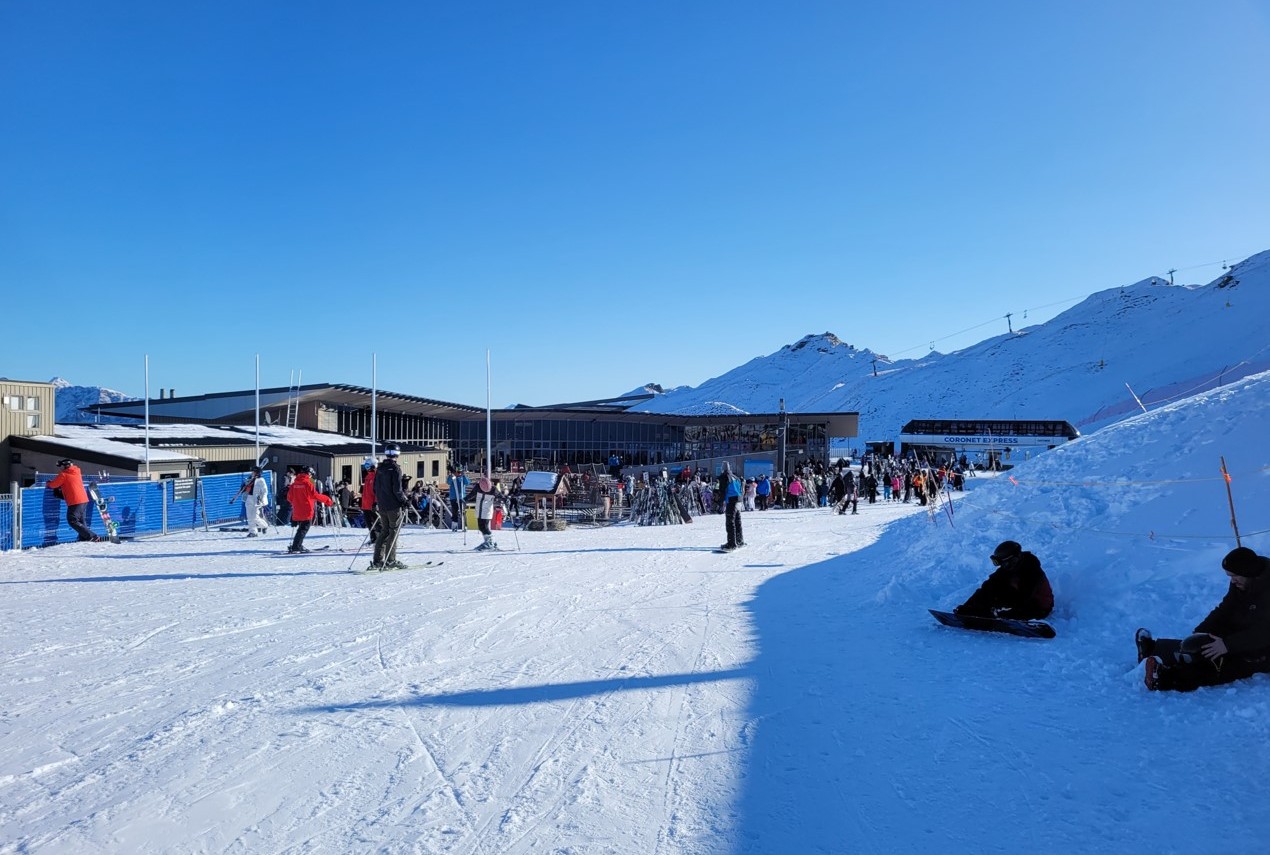
Queenstown skifield operator NZSki has been ordered to pay almost $600,000 over the death of Anita Graf at Coronet Peak.
The well-known Queenstowner, who'd been a ski instructor at the skifield previously, died after colliding with a wooden fence post at the bottom of Sugar’s Run in September 2019. The fence post was part of a double-height deer fence surrounding a large water reservoir.
In August this year, Judge Geoff Rea found NZSki guilty of breaching its health and safety obligations, and the company was sentenced yesterday in the Queenstown District Court.
A fine of $440,000 was imposed, along with emotional harm reparations of $130,000 to her family. Ms Graf, 60, was a much-loved mother-of-four, grandmother and sister. Her family read out impact statements in court.
NZSki was charged under the Health and Safety at Work Act 2015 after an investigation by WorkSafe.
It uncovered a 2014 document from a ski patrol staffer titled Padding Hazard Register Grid. It refers to "28 fence posts, metal deer fencing and strainers in the area being very likely to be skied into at high speed. Several serious harm injuries have occurred already. Many near misses."
The staffer stated the risk score as 10 out of 10.
In his decision, Judge Rea ruled the company had been put on notice of serious safety issues concerning the fence, but had not conducted an adequate risk assessment for the fence at any stage since 2014.
"NZSki created a risk by having a ski run sloping towards a water reservoir, but did not control the subsequent risk of the fence they installed around it. The bottom line is if you create a risk, you need to assess it and control it,” WorkSafe’s area investigation manager, Steve Kelly says.
Ms Graf was an expert skier, who could tackle various trails and runs without any difficulty.
"Skiing is obviously a leisure activity, but that doesn't excuse operators from failing to manage risk. You might be seeing a hazard in front of you so often it’s commonplace. But taking the time to go through a proper risk assessment process makes sense, especially in seasonal industries.
"Operators like this have a duty of care to not only their employees but also members of public, who are paying customers. Businesses and organisations must not lose sight of that."
The maximum fine for the charge is $1.5m.



